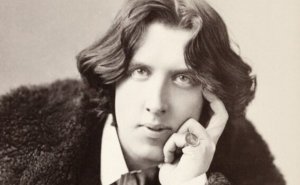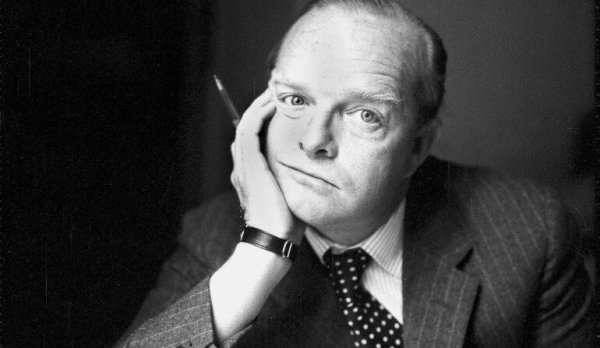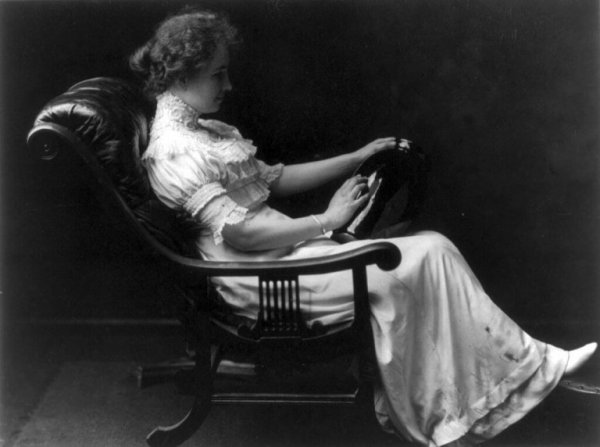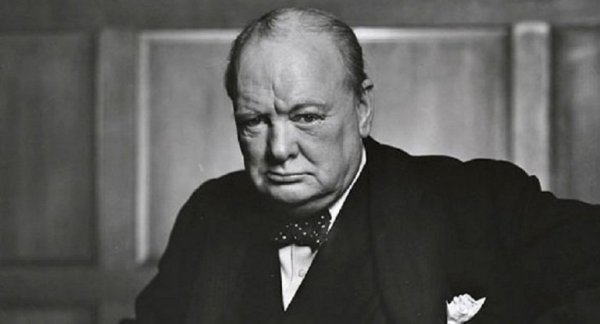5 Important Lessons From Wise Men

The important lessons from wise men are often told in stories or anecdotes. Sometimes, they’re repeated as truths about different aspects of life. However, these lessons are always the result of difficult experiences, significant reflection, and a unique perspective on the world.
The lessons from wise men serve a purpose: to remind us of the values that should guide our actions. It’s easy to forget that life is only meaningful when we have principles driving our actions and a noble purpose guiding us.
This is why we decided to share five important lessons from wise men with you. They’re phrases or facts that reveal a lot of truths. Enjoy them and learn from them!
“The fact is that the learning process goes on, and so long as the voices are not stilled and the singers go on singing some of it gets through.”
-Morris West-
1. Capote and one of the important lessons from wise men
Truman Capote doesn’t need any introduction. He’s regarded as one of the greatest American writers. His book In Cold Blood is considered one of the first books in a new genre that blurred the lines between fiction and non-fiction. However, few people know that his talents were derived from impressive self-discipline.

One of his best friends, Paul Bowles, said that one day in 1949, Capote told him and other colleagues that he had created a 20-year plan for his literary works. Everyone was surprised and thought that Capote was deluding himself in the idea that this could come to fruition. However, over time, Capote developed his plan, step by step. This was lauded as one of the greatest virtues of his genius: perseverance and self-discipline.
2. Tod Browning: The genius behind silent movies
Tod Browning is the author of another wise men lesson. Before he became famous, Browning was very poor. He made a living through a variety of odd jobs. One of these jobs that helped him get by was being a part of the “living dead” in a circus.
The job was simple but horrifying. He had to remain very still. The circus arranged for a doctor to come and declare him dead. Browning was then put in a coffin and buried. He would have to stay there for 24 hours. He survived with a hidden ventilation system and small bits of food that were buried with him. Browning first experienced some near-death experienced due to extreme panic. Eventually, however, he learned to take advantage of the long days to give his imagination free rein. He used that time to create an elaborate plan for his future.
3. Helen Keller and her life lesson
These important lessons from wise men also include stories of extraordinary women, such as Helen Keller. Let’s take a closer look at her story. When she was 1 and a half years old, she contracted an illness that left her deaf and blind. This also kept her from speaking.

Thanks to a teacher who believed in her, Keller managed to develop a system to communicate with the outside world. She became the first deaf-blind person to get a university degree. No small feat, especially since the degree was from Harvard. She wrote several books and more than 400 articles. When asked about her amazing achievements and dramatic improvement, Keller answered: “When one door of happiness closes, another opens; but often we look so long at the closed door that we do not see the one which has been opened for us”.
4. Oscar Wilde and social norms
Oscar Wilde was one of the most outspoken critics of social norms. He was convinced that the people around him were hypocrites. Wilde thought they acted according to the way they thought they should act, rather than based on what they really felt. He also believed that people were so submerged in their own worlds that they weren’t even really paying attention to what was happening around them.
To prove his theory, he decided to test it out at a dinner party he was invited to. He deliberately arrived late. When the hostess welcomed him in, he announced, “I’m sorry. I’m late because I had to bury my aunt, who I just killed”. As if she hadn’t heard him, the woman replied, “Not to worry. The important thing is that you’re here”.
5. Churchill and his sense of humor
Winston Churchill is known as one of the greatest men in history. Not only did he have a significant impact on the United Kingdom’s fate during World War II, but he was also a great writer and won the Nobel Prize in Literature. However, one personality trait that attracted the most attention was his elegant and consistent sense of humor. A sense of humor tends to be rare in someone so famous.

There are hundreds of anecdotes on Churchill’s sense of humor. One such anecdote talks about when General Montgomery received a heartfelt tribute after defeating Rommel in Africa. In his speech expressing his gratitude, Montgomery said with great pride, “I don’t smoke, I don’t drink, I don’t mislead, and I’m a hero” to which Churchill replied, “I smoke, I drink, I mislead, and I’m his boss“.
All of these important lessons from wise men and women show that human beings have admirable facets. We’re capable of overcoming adversity, but also of laughing at obstacles. The wisest among us are those who are able to extract the positive from the most difficult moments.
This text is provided for informational purposes only and does not replace consultation with a professional. If in doubt, consult your specialist.








